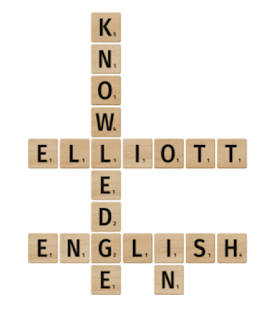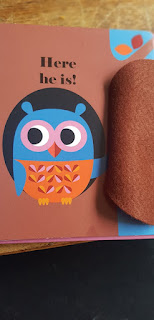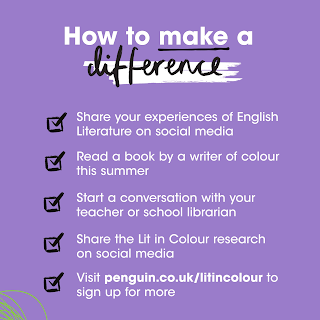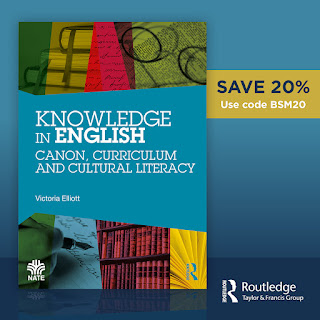Career change

Yesterday I read an essay about being a book publicist. "I think I've missed my calling," I said to my husband. "What's a book publicist do?" he said. "They make up exciting boxes to send out to publicise a book, with little packages of..." "Sausages?" he said. "Not usually." "So I was thinking about what a book publicity pack for Knowledge in English would look like. The best thing I came up with was - " "Scrabble tiles." Ooh, a little personalised nameplate made of scrabble tiles. The best thing I had actually come up with was a Tunnock's Caramel Wafer. "Why?!" he asked. (This is a man who has proofread and therefore in theory read the book.) "They get a name check in the last chapter." After that I was basically into copies of other people's books, which seems to defeat the point, and a little wind up Shakespeare like the one we got from the NATE conference about 10 years a...


